I'm a lifelong gamer who has logged countless video game hours over the years. Thousands in EverQuest, thousands more in Counter-Strike, and thousands more still in Bloodline Champions, Battlerite, Rocket League.
On top of that, there are the thousands of hours spent playing numerous SNES, PS1, and N64 games throughout my childhood.
And yet, now that I'm halfway through my thirties, video games have sort of... lost their luster? Sure, I still play them from time to time, but I greatly prefer sitting down to a nice round of board games now.
Some of that has to do with the golden age of board gaming that's going on right now, but it's also about how I've changed as a person, what I've come to value in gaming, and the fundamental differences between these gaming formats.
Here are my personal reasons why I prefer to play board games over video games whenever possible. (No judgment if you love video games!)
1. Face-to-Face Social Dynamics
What's the one thing board games have over video games? Well, a board game sits in the center of everyone, forcing us all to look at each other as we play (instead of collectively staring at a TV screen or monitor).
And there's something magical about that.
It's a more intimate kind of gaming. Not only is everyone sharing the same physical space, but we're also watching each other play the game. Their facial expressions, their changes in body language, their moments of triumph and/or defeat—witnessing all of that is part of the experience.
And yes, this is true whether or not the game itself has a lot of player interaction. The social element may play a bigger role in games like Just One, The Resistance, and Dixit, but it's still there in so-called "multiplayer solitaire" games like Wingspan and The Search for Planet X.
Board games really shine when they lean into this face-to-face opportunity.
In some board games, you're interacting as much with the people as you are with the game itself. Video games rarely do this.
For example, Waterfall Park (also known as Chinatown) is a game where 95% of the time is spent negotiating with everyone else. Anything you have—your money, your tiles, your lots on the board—can be offered and traded for anything someone else has. The resulting discussions are fantastic.
But it's also true for other types of games without trading.
New York Slice is a game where you split a pizza into different sections, then players take turns picking which section they want. There's no negotiation going on, but it still generates fun table talk as players split and choose. I love that.
Board games also typically have a turn-based downtime that couch multiplayer video games usually don't have, and this allows for socialization.
When we play games like Super Smash Bros or Overcooked or even Stardew Valley, we're actively engaged with the game almost 100% of the time. So, we might be playing the game together, but there's no time to socialize. Any exchanges that do happen tend to be short and shallow.
Meanwhile, many board games are turn-based, so you have periods of action (on your turn) and periods of inaction (on everyone else's turns). Players who aren't playing their turns have the opportunity to talk... about anything!
Obviously, it's bad form to hold up a game with tangential conversations. When it isn't your turn, you should be thinking ahead to your next turn so that the game runs smoothly. But in less demanding games where you don't have to think so much, there's a joy to socializing during downtime.
Look, I'm not saying video games have no social value. What I mean is this: the social experience of a board game is qualitatively different than that of a video game, even when playing together on a couch.
The physical presence may be there, but the eye contact isn't—and I honestly believe that eye contact makes a HUGE difference. Eye contact accelerates player bonding and it can radically affect the social dynamics of a game.
2. Unique Gameplay Elements
Many board games simply couldn't exist as video games. Or, if they could, they'd lose a lot of their magic in the transition.
The clearest example of this is the social deduction genre, where body language and eye contact are paramount for making subtle observations, gaining information from others, and arriving at meaningful conclusions.
I've played Town of Salem (which is basically an online version of Mafia or Werewolf) and I hated it. Having little more than text chat, or even voice chat, takes away so much of what makes the gameplay interesting.
I've also played Among Us, both online with strangers and offline with everyone in the same room. While better than Town of Salem, I still found the experience to be lacking compared to the greats: The Resistance, Deception: Murder in Hong Kong, Spyfall, Scape Goat, etc. Social deduction simply feels better as a board game.
But this point isn't limited to social deduction.
Can you imagine playing a game like Cash N Guns over Zoom or Discord? Yeah, that's not going to work! Two Rooms and a Boom would be terrible even if it could be replicated online, for many of the same reasons.
Half the fun in games like Telestrations and Doodle Dash is drawing with dry erase markers while giggling like a madman. And even though I love Drawful and the other drawing games in the Jackbox Party Packs, there's a special X factor that's lost in the digitalization of the drawing.
Truth is, the physicality of board games often enhances the gameplay.
Consider Just One. It could easily be turned into a web or mobile app where all you do is type in your word. The app could instantly handle clashing words, then the guesser just types in their guess. But where's the fun in that? The plastic easels and dry erase markers contribute to it being one of my favorite party games.
And then there are board games where socializing is the game.
I recently played Once Upon a Time for the first time and it caught me off-guard. It's a storytelling game where players need to direct the narrative, zigging and zagging all over the place as different elements are introduced via cards.
There's no way to convert that into a video game. What would a video game version of Once Upon a Time even look like? Instead of physical cards, you'd have digital cards... but those cards don't actually do anything. The cards are just prompts; the players create the gameplay from the prompts.
3. Tactile Experience
Back in my college days, I played a lot of poker. Technically, poker can be played using any standard deck of cards plus whatever you want for currency. It could be coins, bills, or even jelly beans, but most play using poker chips.
Poker chips come in varying qualities, from thin plastic chips to heavy clay chips. Yet, even though any two chips can represent the same thing regardless of what they're made of, the higher-quality chips lend to a more premium experience.
Because we, as humans, are tactile creatures.
There's joy and pleasure in touching materials that feel good. Aluminum laptops just feel better. Sheets with higher thread counts feel better. Tables made of wood feel better than tables made of plastic. Neoprene feels better than felt. The mere act of touching these materials is a pleasant experience.
And so it is with board games. Thick cards with linen finishes. Chunky dice. Bakelite tokens. Heavy metal coins. Neoprene player mats. Dry erase boards and markers. Wooden meeples, glass beads, massive miniatures.
There's a world of difference between virtually selecting a card in Slay the Spire versus actually playing a physical card from your hand in Spirit Island. It speaks to something deep in us, and I believe it results in a tighter emotional connection to the games we play. I miss that tactile experience when I'm playing video games.
And that's not even mentioning the other senses.
The sound of a crisp riffle shuffle. The smell of a newly unboxed board game. The clacking of tiles in Azul or Mahjong. The artful designs and imagery that bring these games to life. It all comes together for a fuller experience.
4. Digital Detox
So many video games are designed to put you into a "flow state" where you're so focused and immersed that you tune out everything else. They're also designed to be addicting, to hold your attention, to hook and never let go—so they often end up being overstimulating with constant hits of dopamine.
Board games are a step away from all of that. The satisfaction that comes from a solid board gaming session is deeper, richer, and more rewarding.
You control everything in a board game. The board, the pieces, the cards, the dice—they're all just physical representations of game mechanics. The gameplay itself happens in your brain. Between this and tactility (mentioned above), board games provide a more holistic engagement with entertainment.
Plus, after a long day working on a computer, after relying on a smartphone for so many things, after vegetating with some Netflix or YouTube, it's nice to take an extended break from digital screens.
Especially at the end of the night, when blue light from TVs, computers, and smartphones can potentially disrupt circadian rhythms and contribute to sleep issues. (No conclusive science on this, but anecdotally I feel it.)
5. Wide Accessibility
Not everyone wants to play video games. Not everyone can play video games. But board games? They can bring together all sorts of people.
I'm the son of immigrant parents and I can tell you this: they've never played a single minute of any video game at any time. They simply don't understand video games. I could put up Jackbox and they wouldn't join in.
But Rummikub or Take 5? Yeah, they can play those! More importantly, they'll have fun with it. Board games make sense no matter who you are, and because of that, even non-gamers are often willing to participate. Some families are even lucky enough to play Ticket to Ride, Azul, Codenames, or Wingspan together.
You might never be able to convince grandma to play Super Smash Bros or Mario Party with you, but you could probably get her to play Patchwork, Love Letter, or For Sale. Grandpa may not care for Xbox or PlayStation, but he might be interested in Crokinole, Klask, or Junk Art.
And it's not just older folks. Some people—whether young, old, male, female, what have you—have trouble controlling characters on screen using controllers. Others literally get motion sickness.
Video games aren't for everyone, but board games can be.
6. Variants and House Rules
Are you a board gaming purist? If so, feel free to skip to the next point. I know there are gamers who only play by the official rules and never make personal tweaks, and I think that's a valid way to approach games.
But as far as I'm concerned, there's no harm in tinkering with a game's design and playing it in a way that you find more fun and interesting.
It's a lot like modding in video games. So many great games can be even greater with certain mods in place. Don't want to play with mods? That's fine! But if you want to get rid of a feature that annoys you or add a new feature that you think would be cool, modding lets you do that.
Yet, board games have an edge here because you don't need any programming skills to mod a board game. All you need is creativity.
Plus, if you want to design your own game at some point, there's no better way to gain hands-on experience than by tweaking existing games and seeing how those tweaks play out. Why discourage that?
7. Collection Aesthetic
Even if you don't collect board games yourself, you have to admit that board game collections look pretty awesome.
There are so many amazing artists in the board game industry and most board game covers are sheer eye candy. A shelf full of beautiful box covers is immediately eye-catching in a way that other collections aren't.
Video game collections, in particular, are kind of... boring. If you're entirely digital, your collection is basically a screenshot of Steam, the Nintendo eShop, etc. If your collection is physical, every game on your shelf basically looks identical to every other, a monotonous line of red, green, or blue depending on whether you're a Nintendo, Xbox, or PlayStation gamer.
Yeah, board games are a clear winner here.
8. No Hardware Upkeep
I have an aging PC and a Nintendo Switch.
If I want to play modern PC games as they're intended to be played (i.e., at their recommended settings), I can't without upgrading my specs. It kind of sucks that software is beholden to hardware, but there's no escaping it.
Similarly, there will come a day when my Nintendo Switch is rendered obsolete. It happened to the Nintendo 3DS and Nintendo Wii U in March 2023, and it's going to happen to the Xbox 360 Store in July 2024.
And it's not like I can buy an Xbox game to play on a PlayStation. Not only do you need the matching console to play a video game, the experience on one console might not be the same as on another for various reasons.
None of that's an issue with board games!
Console compatibility isn't a thing in board gaming. You buy a box and everything you need is inside. If you tuck that box away for 100 years, you can take it back out and still be able to play it—and it'll be the full experience.
But I Do Still Play Video Games
Despite slamming video games for over 2,000 words, I don't hate them. In fact, some of my fondest memories will always be video game-related.
So, when do I prefer video games instead?
Well, video games are great when I'm feeling lazy and don't want to go through the whole process of setting up and tearing down a board game. Sometimes, it's nice to just hop on the Switch and let the game handle itself.
And video games definitely pull ahead when it comes to complex gameplay. When the rulebook is massive, when there's too much mental bookkeeping, when there are too many fiddly components, I'd rather play it as a video game. (That's why I tend to shy away from big, campaign-style board games.)
Big sprawling lifestyle games are better as video games, I think. One of my favorite memories is playing Stardew Valley for an entire summer in couch co-op mode with my girlfriend. We could relax and get into a flow state, totally absorbed by this game that was overflowing with so much stuff to do.
Video games are also great for fast-paced, action-style party games, like Tilt Pack or Hidden in Plain Sight or Boomerang Fu. Even the fastest real-time board games don't capture the same kind of frantic fun that video games can have, and this is one area where I'll gladly opt for a video game.
So, yeah, video games have their place. But on the whole? I find that board games offer a much more fulfilling experience, so I prefer them.
What about you? Prefer one over another? Or maybe enjoy them both equally in different ways? I'd love to hear about it! Let me know in the comments below.



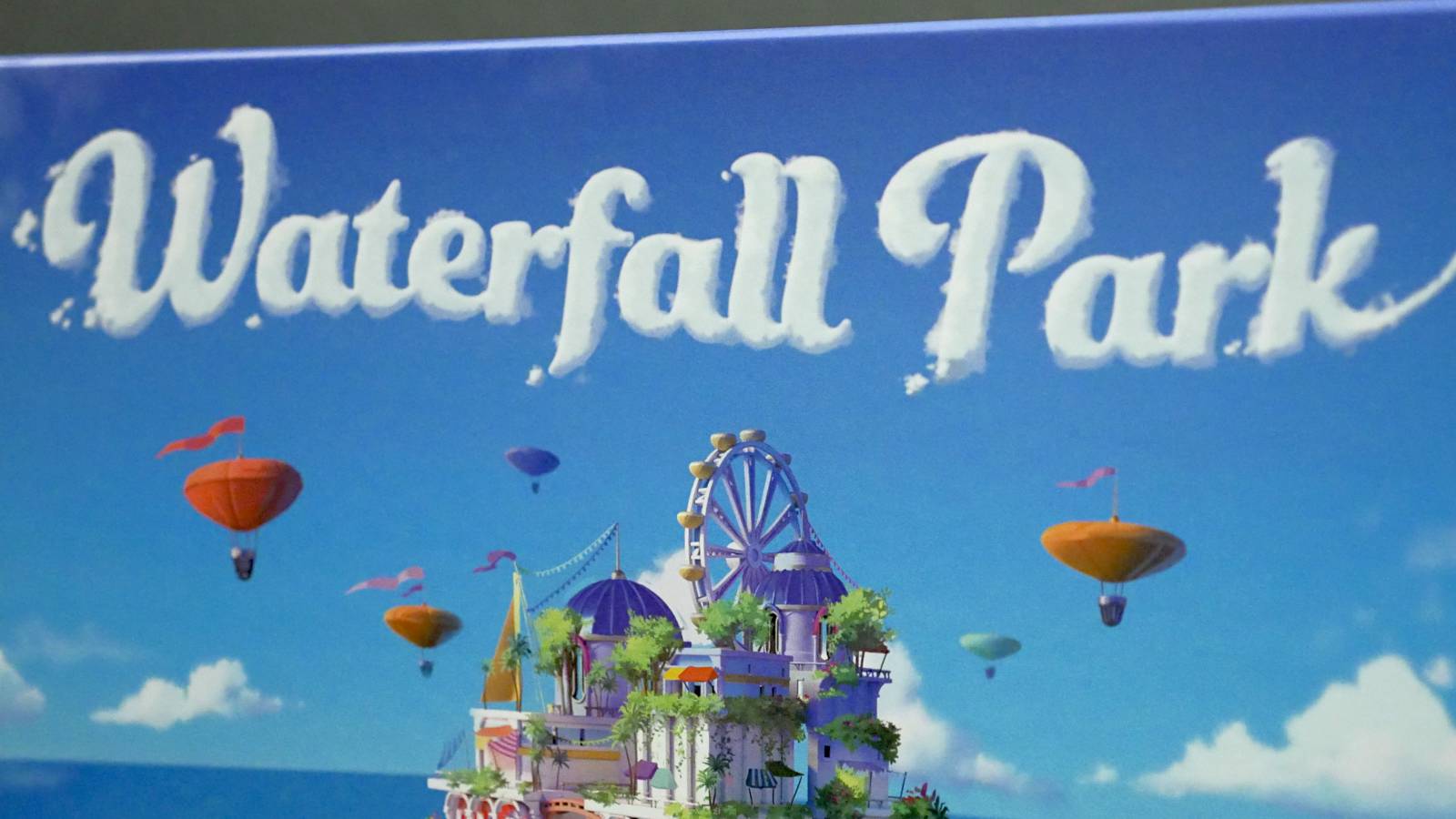
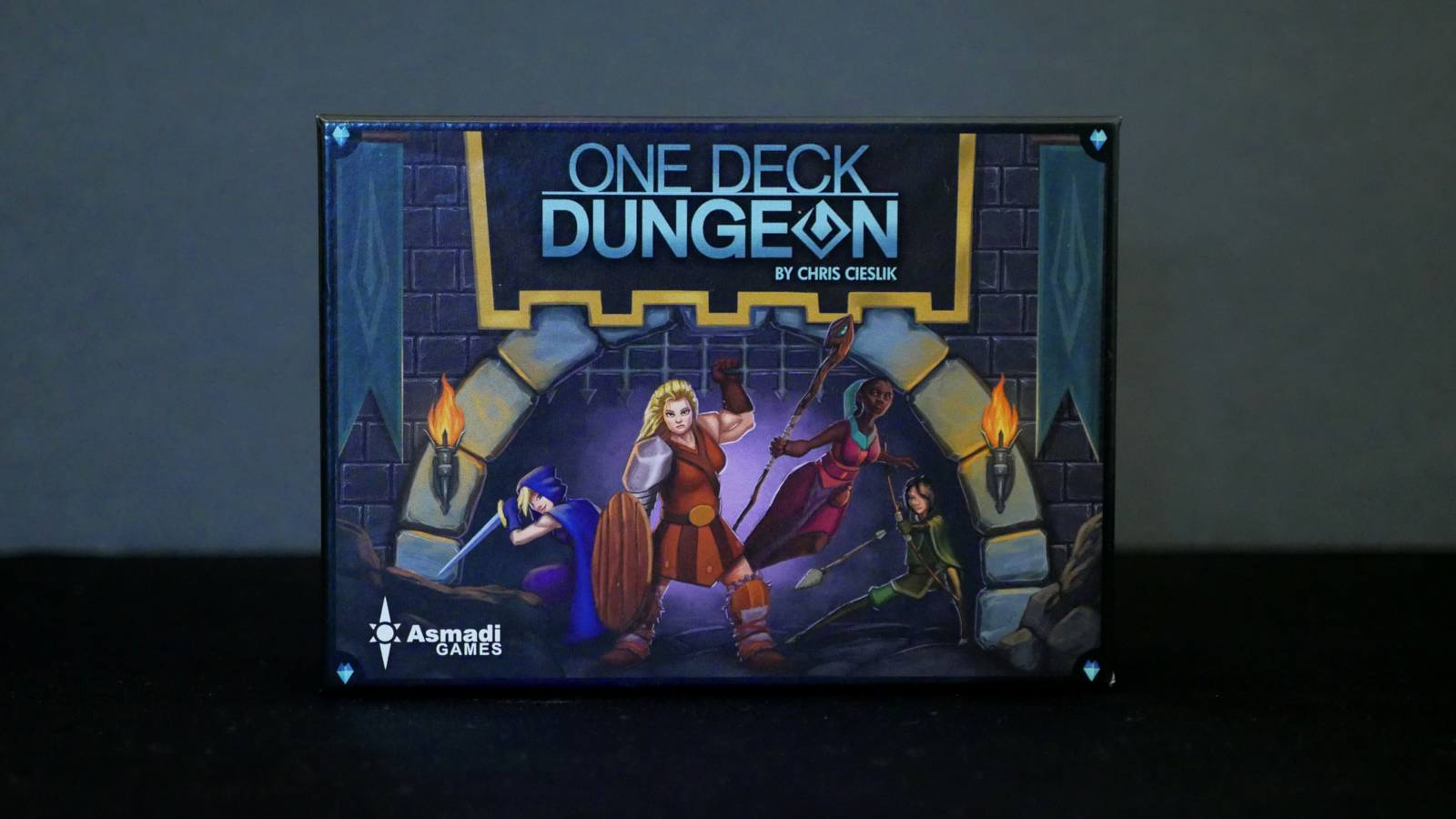

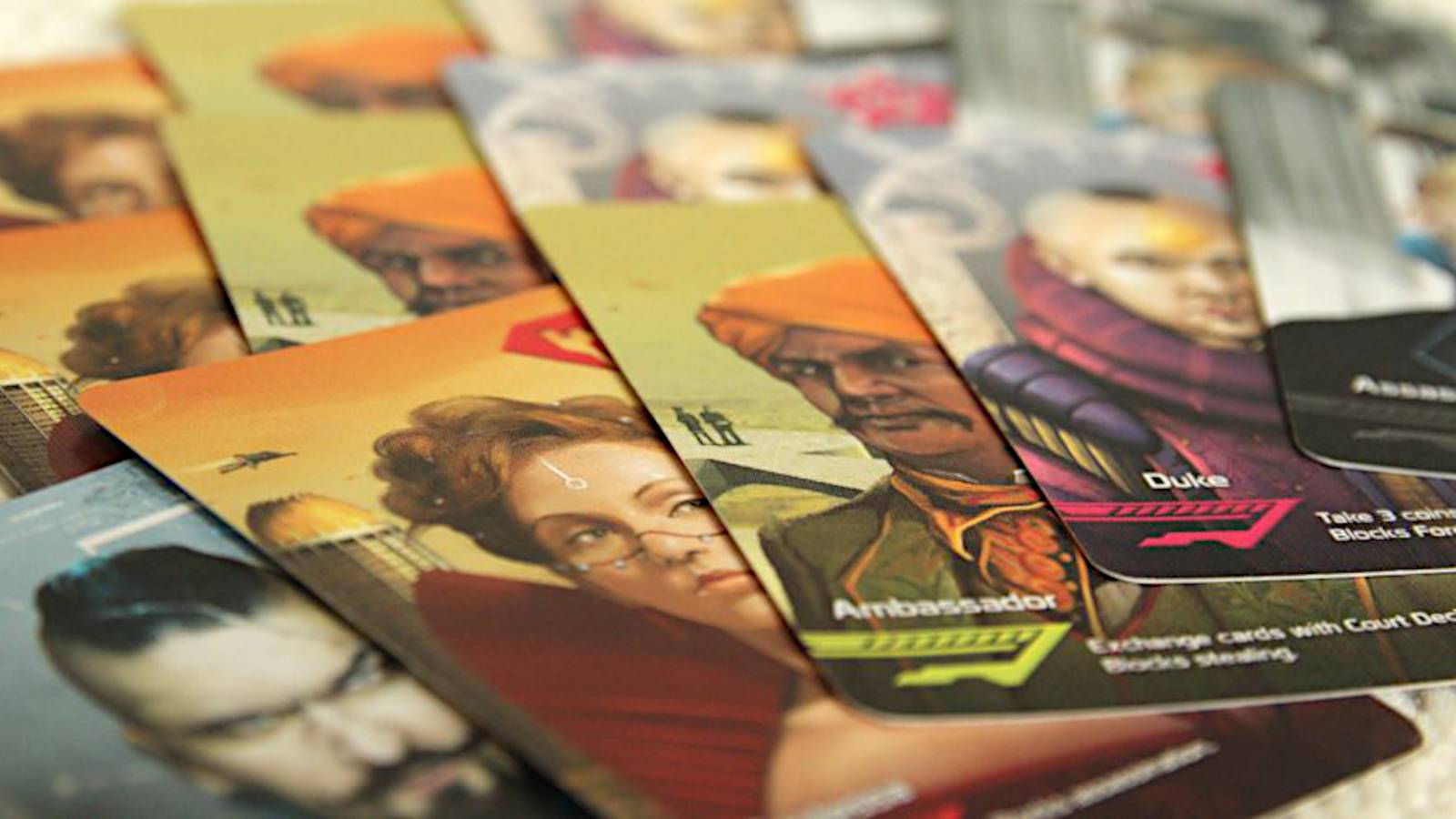

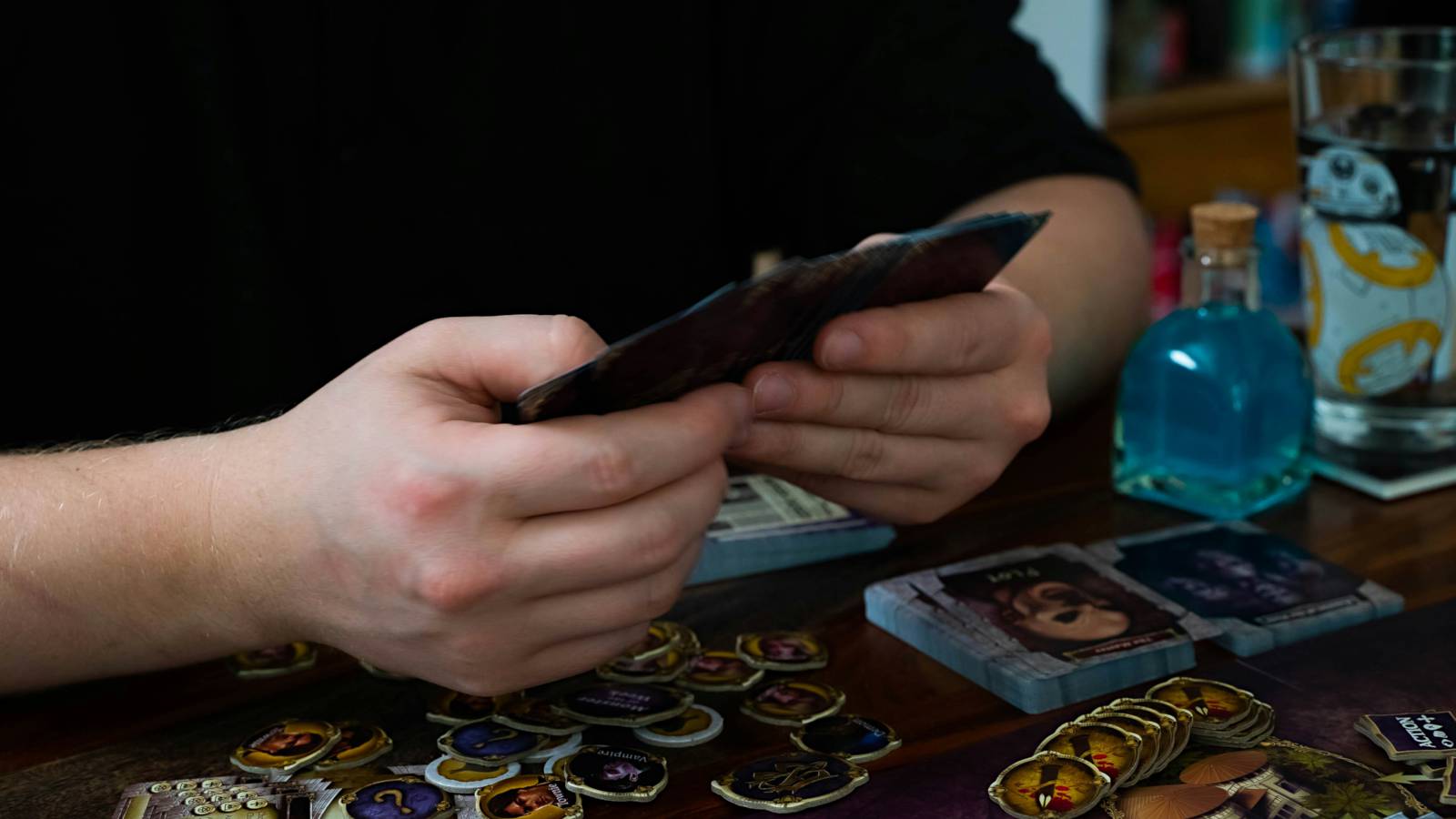

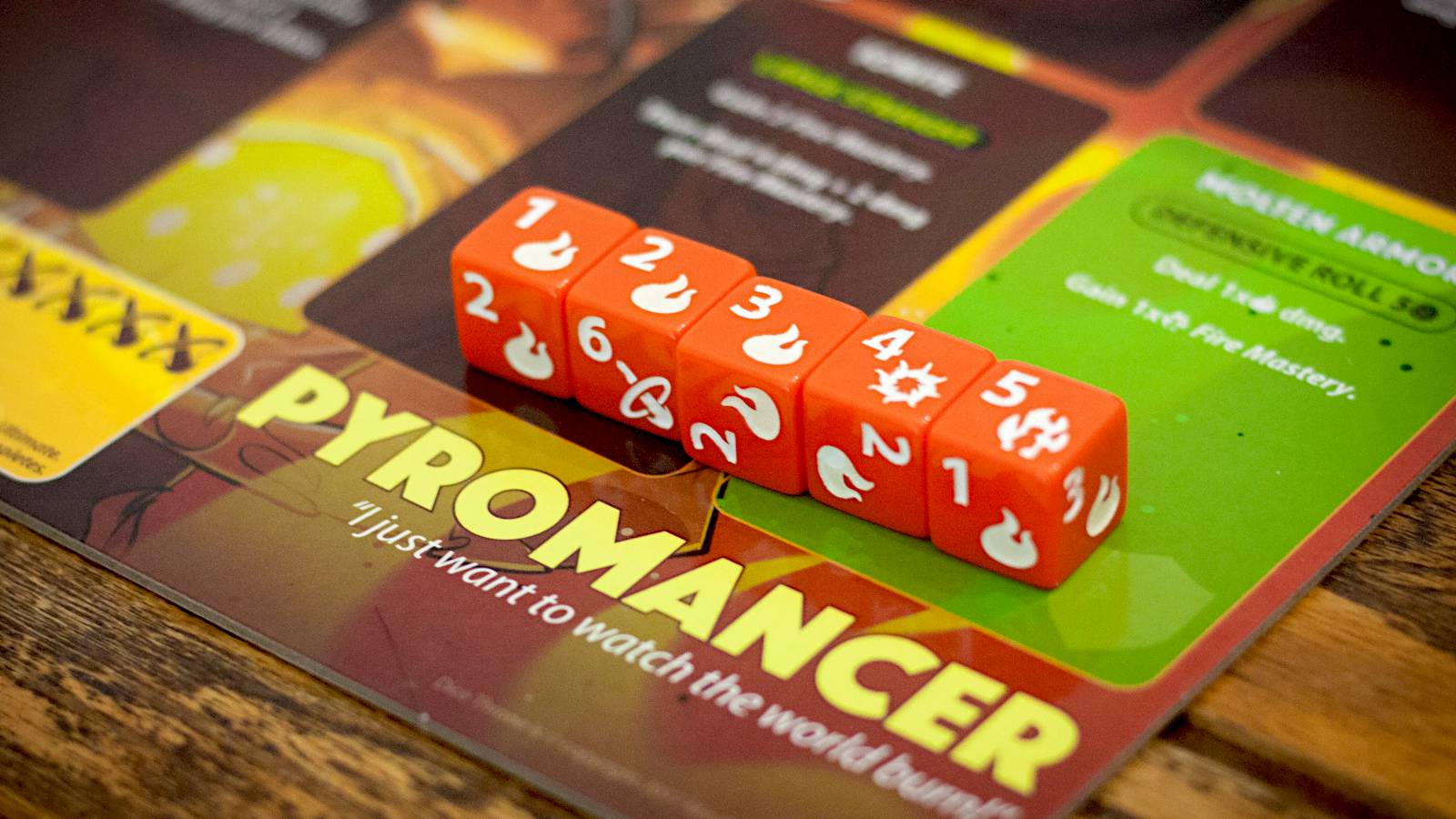





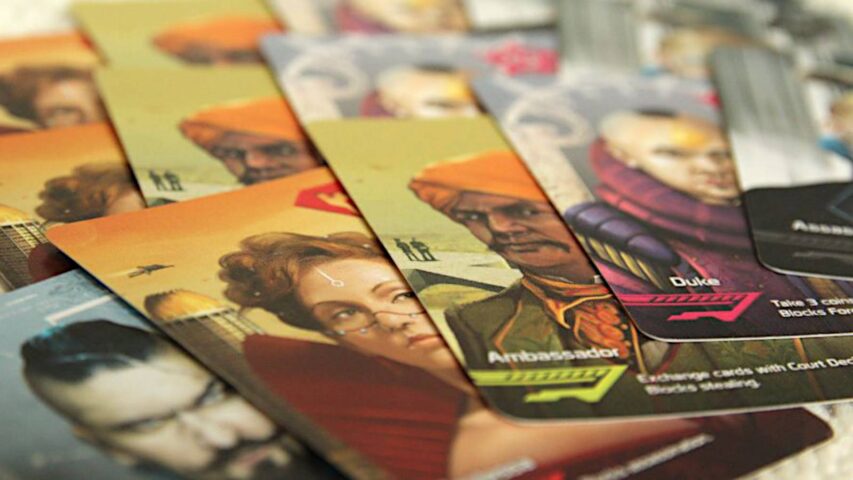
Hey Joel, I'm writing a basic persuasive essay on why I believe playing board games is better for us than playing video games. I stumbled across your article here, and I just wanted to say I think this is very well written, and I really resonate with your viewpoint. Video games are great. I've been a gamer since a child. But lately, they're just not cutting it for me in the way that board games have been 🙂 I think that you and I would have some great board game sessions.
Thanks for posting.